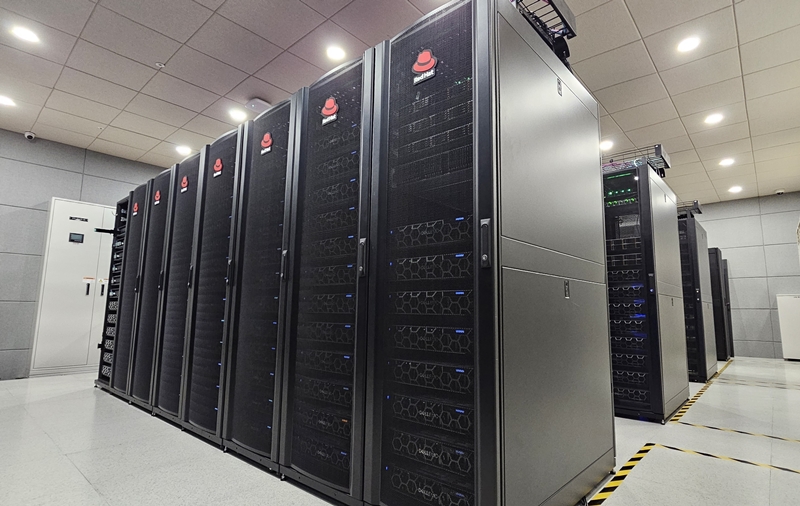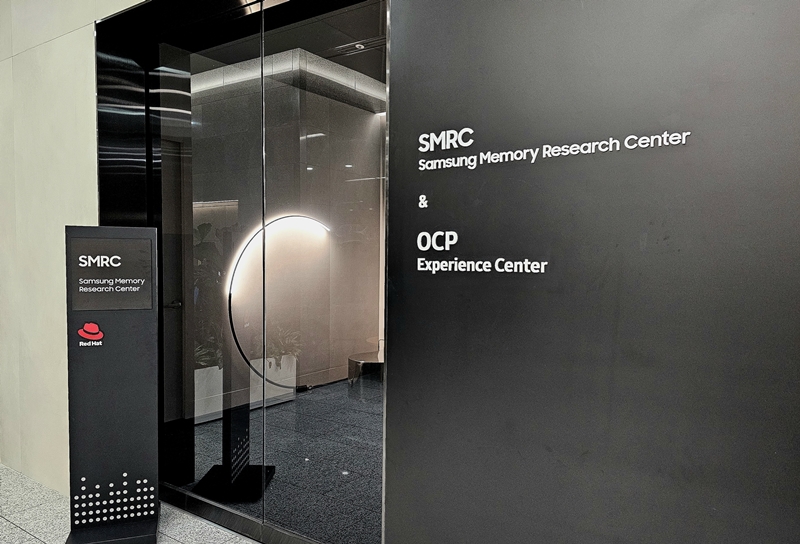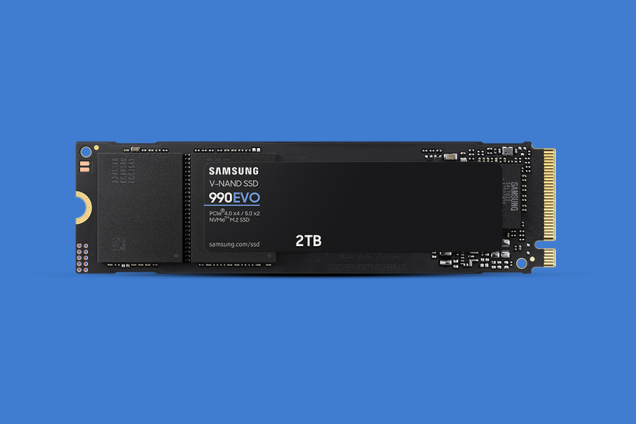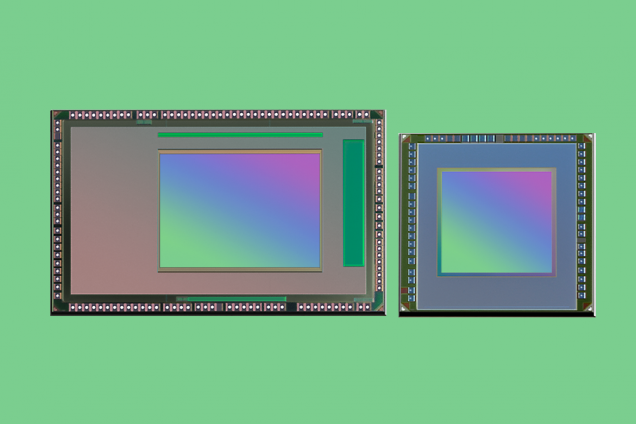Samsung Electronics and Red Hat Partnership To Lead Expansion of CXL Memory Ecosystem With Key Milestone
Samsung successfully verifies CXL memory interoperability in user environment for the first
time in the industry with Red Hat’s latest OS
The advancement will allow datacenter and enterprise customers to utilize CXL memory for
high-performance computing without major hardware adjustments

SEOUL, Korea – Dec. 27, 2023 – Samsung Electronics Co. Ltd., a world leader in advanced memory technology, today announced that for the first time in the industry, it has successfully verified Compute Express Link™ (CXL™) memory operations in a real user environment with open-source software provider Red Hat, leading the expansion of its CXL ecosystem.
Due to the exponential growth of data throughput and memory requirements for emerging fields like generative AI, autonomous driving and in-memory databases (IMDBs), the demand for systems with greater memory bandwidth and capacity is also increasing. CXL is a unified interface standard that connects various processors, such as CPUs, GPUs and memory devices through a PCIe® interface that can serve as a solution for limitations in existing systems in terms of speed, latency and expandability.
“Samsung has been working closely with a wide range of industry partners in areas from software, datacenters and servers to chipset providers, and has been at the forefront of building up the CXL memory ecosystem,” said Yongcheol Bae, Executive Vice President of Memory Product Planning at Samsung Electronics. “Our CXL partnership with Red Hat is an exemplary case of collaboration between advanced software and hardware, which will enrich and accelerate the CXL ecosystem as a whole.”

In this latest development, Samsung has optimized its CXL memory for Red Hat Enterprise Linux® (RHEL) 9.3 and verified memory recognition, read and write operations in Red Hat’s KVM and Podman environments. This allows datacenter clients to easily use Samsung’s CXL memory without having to make additional adjustments to their existing hardware.
“The successful verification of Samsung’s CXL Memory Expander interoperability with Red Hat Enterprise Linux is significant because it opens up the applicability of the CXL Memory Expander to IaaS[1] and PaaS[2]-based software provided by Red Hat,” said Marjet Andriesse, Senior Vice President and Head of Red Hat Asia Pacific. “This is an important milestone in the integration of hardware and software to build an open-source ecosystem for next-generation memory development.”
Samsung and Red Hat are currently working together on a “RHEL 9.3 CXL Memory Enabling Guide” to help users utilize Samsung’s CXL memory on RHEL 9.3 and build high-performance computing systems in various user environments.
The two companies first signed a memorandum of understanding (MOU) in May, 2022, to collaborate on next-generation memory and will continue their efforts through the Samsung Memory Research Center (SMRC) in developing CXL open-source and reference models. The ongoing partnership covers a range of storage and memory products, including NVMe SSDs, CXL Memory, computational memory/storage and fabrics.
Related tag
Related Stories
-
 2024.01.24Samsung Launches SSD 990 EVO: Elevating Performance for Everyday Gaming, Business and Creative Workflows
2024.01.24Samsung Launches SSD 990 EVO: Elevating Performance for Everyday Gaming, Business and Creative Workflows -
 2023.12.19Samsung Unveils Two New ISOCELL Vizion Sensors Tailored for Robotics and XR Applications
2023.12.19Samsung Unveils Two New ISOCELL Vizion Sensors Tailored for Robotics and XR Applications -
 2023.11.15Samsung Unveils New Portable SSD T5 EVO that Offers 8TB Capacity in a Compact Design
2023.11.15Samsung Unveils New Portable SSD T5 EVO that Offers 8TB Capacity in a Compact Design